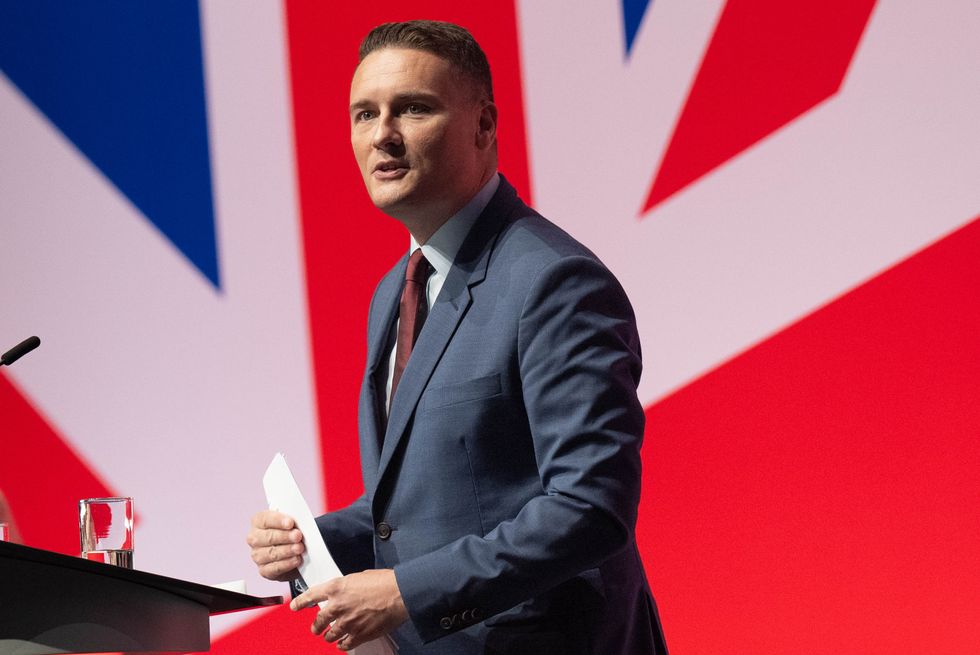Angela Rayner has now been given a permanent seat on the National Security Council after initially being snubbed by Sir Keir Starmer.
It comes after details of the committee’s line-up published just over a week ago revealed there was no seat for the Deputy Prime Minister, marking a break from former practice.
However, Downing Street has now confirmed that she had been made a permanent member, in a rapid U-turn on its previous position.
The National Security Council, chaired by the Prime Minister, is attended by senior Cabinet members and intelligence chiefs on a regular basis.
The regular lineup includes Chancellor Rachel Reeves, Home Secretary Yvette Cooper, Foreign Secretary David Lammy, Defence Secretary John Healey, Attorney General Lord Hermer and Cabinet Office Minister Pat McFadden.
The Telegraph reports the move appears to be an attempt by the new No10 chief of staff, Morgan McSweeney, to bolster Rayner’s position and project a strong working relationship between the Prime Minister and his Deputy.
It comes amid reports the pair have been locking horns over the upcoming Budget, with the Deputy Prime Minister said to have written to Starmer with concerns over spending cuts for her department.
FOLLOW ALONG WITH ALL THE UPDATES BELOW
Government launches major ‘national conversation’ on future of NHS

Health secretary Wes Streeting
PA
A major consultation on the future of the NHS will be launched today, promising to put patients and staff at the heart of its 10-year health plan.
Described as “the biggest national conversation about the future of the NHS since its birth”, members of the public will be able to share their views online via change.NHS.uk until the start of next year.
The consultation is part of the Government’s plans to transform the NHS into a “neighbourhood health service”, shifting more care from hospitals to communities. The plan, expected to be published in spring 2025, will also see greater use of data and technology, with easier sharing of patient data, saving an estimated 140,000 hours of staff time every year.